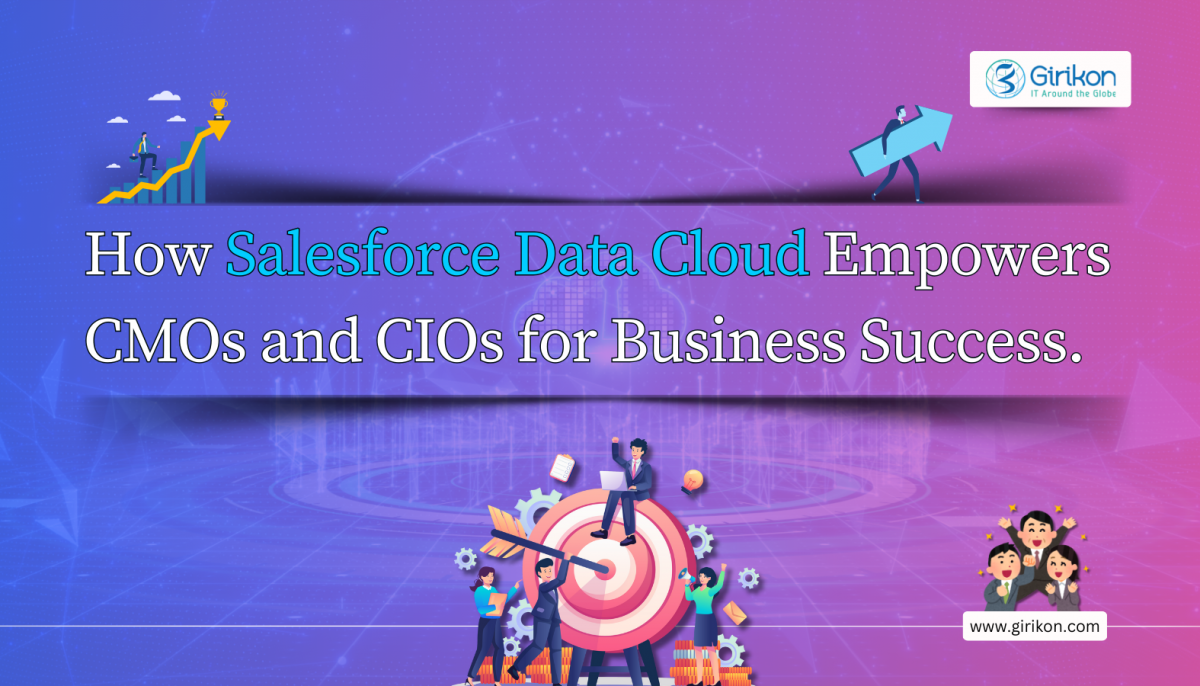Our Blogs
The success of a business lies in healthy revenue growth. An organization's revenue growth is affected by various aspects, including sales, finance, operations, and partnership management. It is essential to create harmony among all the departments to attain sustained growth through a unified approach. Post the 2020 global crisis and the fall-out of revenue due to the disruption of sales, B2B businesses are seeking frictionless ways to boost business growth. The sudden change in customer needs, unreliable forecasting of data, stalling of deals combined with other business challenges are pushing organizations to refurbish their revenue regulation strategy.
This calls the need for a system that offers a single point of reference that streamlines end-to-end sales, renewal, and billing, and this is what Salesforce Revenue cloud attains. To integrate the Salesforce revenue cloud with other systems, organizations must consider using Salesforce integration services.

What is Salesforce Revenue Cloud?
Salesforce Revenue Cloud is a suite of products that help businesses streamline the functioning of sales, finance, and operations teams together. The robust platform provides organizations with a single source of information and access to multiple channels while ensuring a smooth customer journey. With Revenue Cloud, organizations get complete control over their firm's revenue growth while ensuring interesting possibilities with AI-driven insights. Apart from this, it helps organizations reimagine their lead-to-revenue architecture and provides multiple tools, which they could use to identify and acknowledge opportunities to improve the revenue cycle.
What are the Benefits of Salesforce Revenue Cloud?
- Single Point of Access: One of the significant benefits of the Salesforce Revenue cloud is that it conveniently enables users to access every element in a single place. With this, users do not have to delve through multiple applications to find the information they need.
- Brings forth New Streams of Revenue: Revenue cloud can be leveraged by organizations with complex revenue models as their business processes are stretched unnecessarily. These redundancies can be removed with the help of the Salesforce Revenue cloud. With its in-built billing system, the platform brings together a unified product catalog while creating new revenue streams.
- Manual Work is Eliminated: The automated features of this cloud platform eliminate the need for performing manual work processes such as data reconciliation, transcription of orders, and more. Apart from this, the need to manually download dated order forms is eliminated as all the relevant details, including customers' purchase history, are displayed on a dashboard.
- Future-ready: Organizations leveraging the features of Salesforce Revenue cloud evolve into agile entities by making informed decisions while helping them reach the next level. This helps in accelerating revenue growth and prepares them to become future-ready.
- Optimizes Performance: When leveraged, the cloud-based platform ensures process efficiency besides augmenting the revenue lifecycle. The platform provides organizations with a comprehensive view of all the activities, including but not limited to creating orders, invoicing, and more. It also ensures the effective functioning of the ERP system for driving customer engagement.
Final Words:
Salesforce Revenue Cloud is an all-encompassing suite of solutions that assures a huge surge in revenue growth while aiding teams to simplify business processes such as finance, sales, and partnership management. Besides being flexible and scalable, it easily adapts as per organizational requirements and offers better process visibility. Businesses should consider contacting one of the best Salesforce consulting partners to know more about this amazing platform.

 +1-480-382-1320
+1-480-382-1320 +44-7428758945
+44-7428758945 +61-1300-332-888
+61-1300-332-888 +91 9811400594
+91 9811400594


















